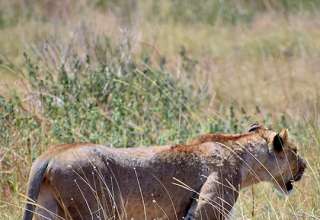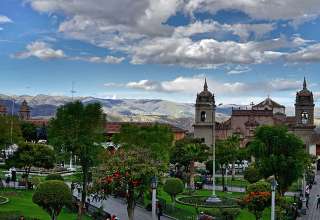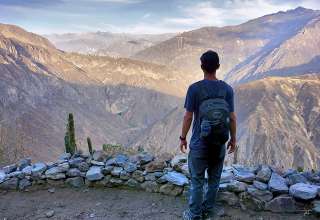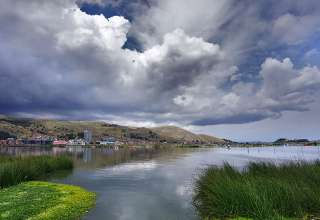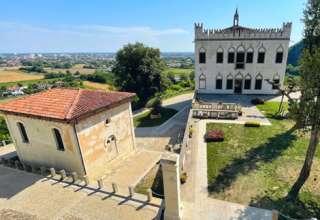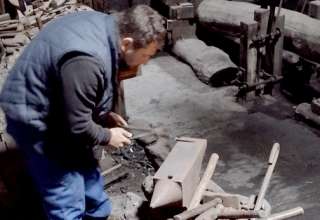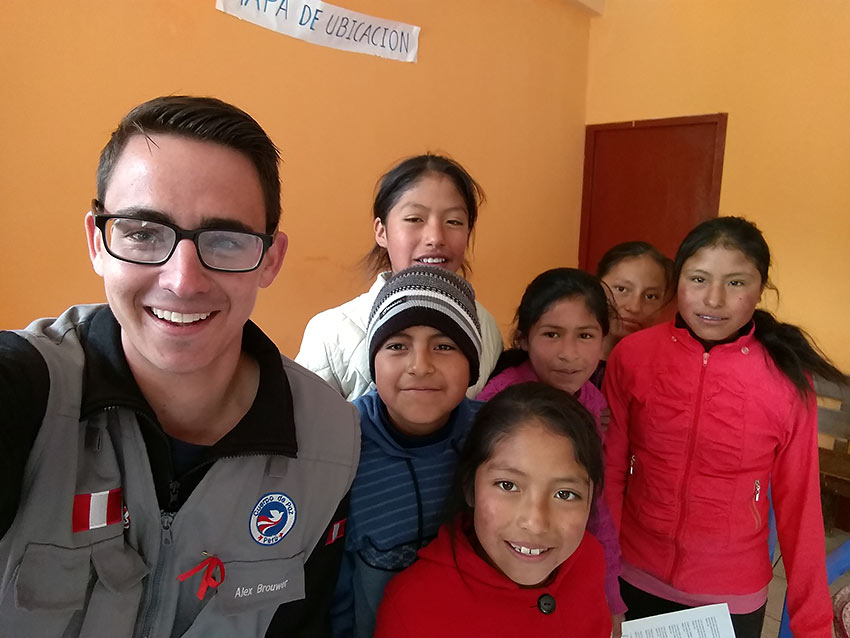
A week before Christmas, the school year here ended, along with it some youth volunteers’ hopes of having consistent work for a few months. Thankfully, vacaciones útiles is notorious for keeping both volunteers and students busy.
The near equivalent of summer classes in the U.S., vacaciones útiles are classes normally sponsored by the local school and government which can include sports, art, math, culture, communication, or science. Because of the size of my town and a few complications, I was told there would be no classes this year. Thankfully the directora of the school is very motivated and offered to come two mornings a week without pay.
So when she asked me to teach a class on leadership and public speaking, I of course responded “Sí.” After all, she’s the director and knows best what the students need. But I’m sure my face betrayed my hesitancy. Something about teaching public speaking in your second language to students from a different culture seems almost comical — and of course intimidating.
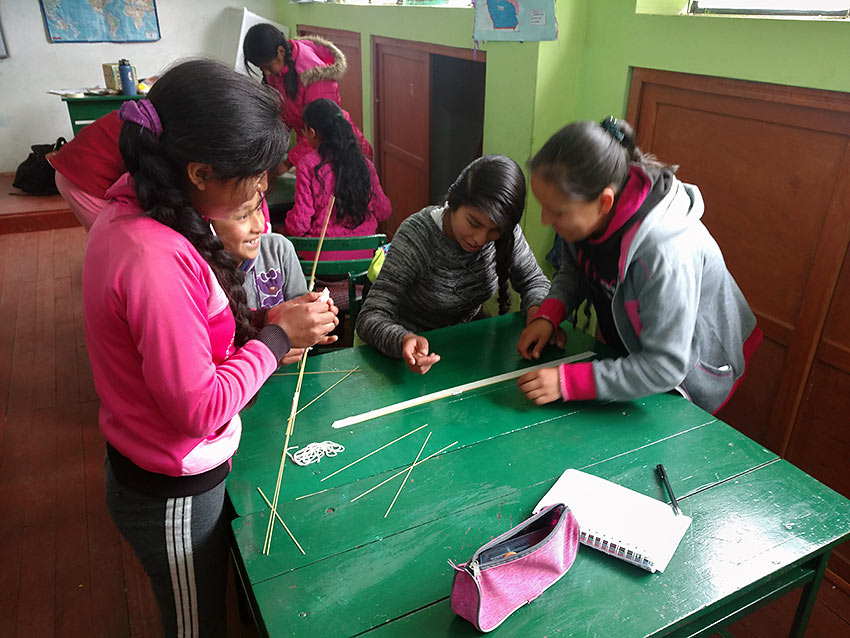
The results — mixed. I’d love to report that my classes have been a massive success, but that would be far from the truth. Having classes has helped me build trust with parents, relationships with students, and reputability among local organizations, all of which is an essential part of any volunteer’s job. Yet as expected, ten class sessions haven’t produced formidable leaders or public speakers. Even small progress is hard to see.
Classroom management has definitely been my greatest challenge. For both practical and sustainability reasons, we volunteers are not supposed to work alone. Despite my efforts trying to convince the two teachers who live in the community to spend their summer vacation with me and a bunch of teenagers, I found myself alone in the classroom. I’m very thankful for what we learned about classroom management in pre-service training, and I scoured my brain for any and every tactic that could help me. I did my best despite having no real authority, and I definitely learned through the process.
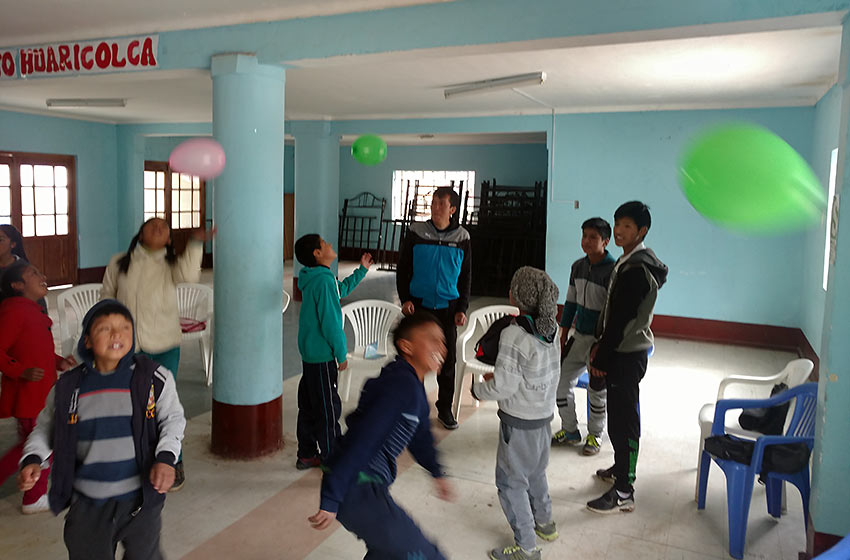
I also had the opportunity to teach English which is what many people of the community had been asking for. As the school year was coming to a close, one of the teachers who lives in Huaricolca showed interest in learning English. I told him I don’t offer personal lessons, but we could create a class for youth in the community, turning the table on his request. With his help, we started sign-ups, advertised with posters and a radio spot, and coordinated with the local municipality to use their auditorium. With 10-15 students, we had a great time playing Simon Says and singing the Beatles while learning basic, basic inglés.
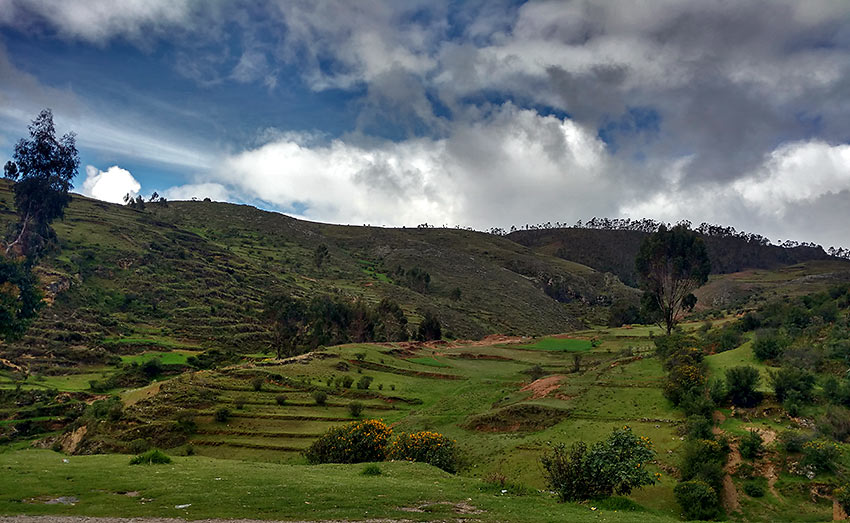
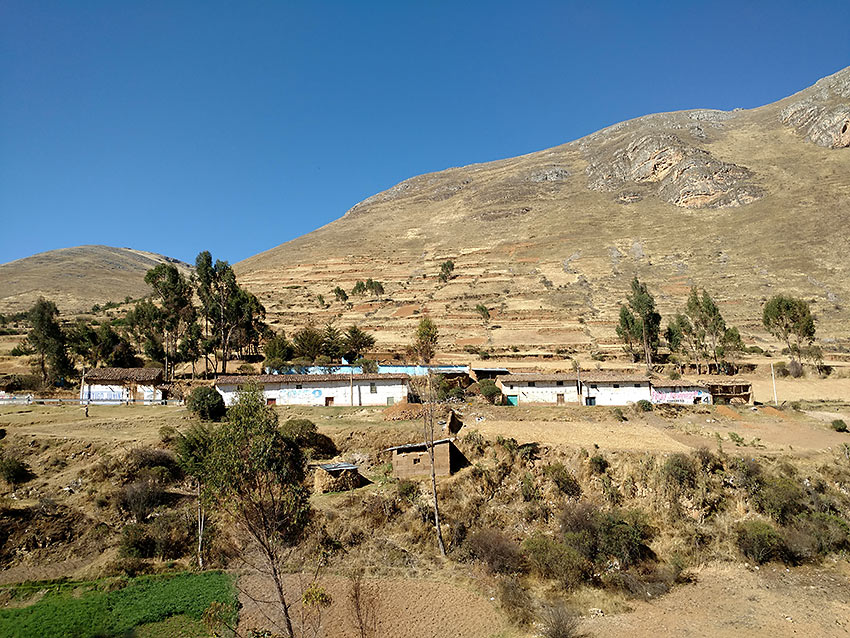
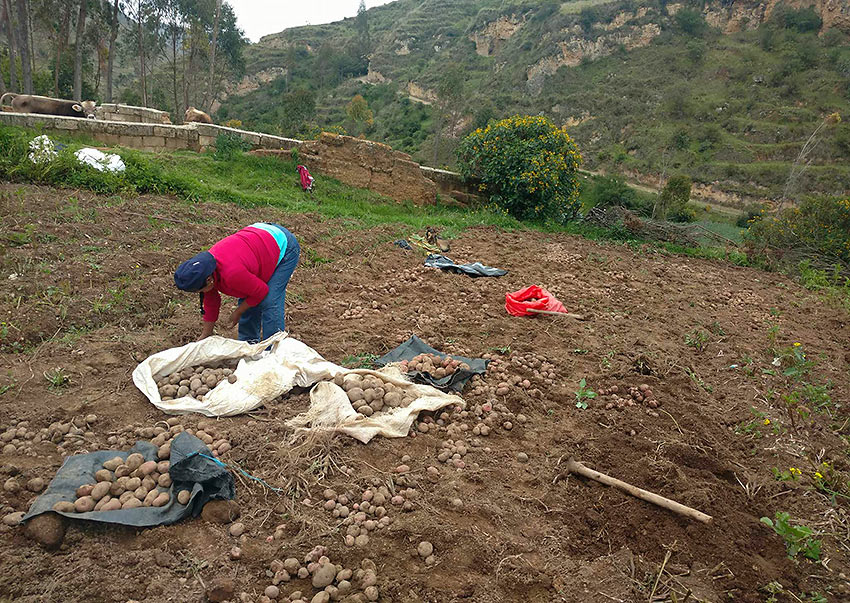
Aside from classes, the rainy season is in full swing here. Farmers have planted oats. Potato plants are waist high. The hills have turned a dark green. While I still spend a great deal of time helping my host family or walking around town, I have also enjoyed spending my increased free time alone — going for a run or tucked away in my room reading a book or watching a TV show.
You lose a lot of independence as a Peace Corps Volunteer. For many of us who were living independently before the Peace Corps — renting apartments, owning cars, and cooking our own meals — living with host families in small communities is a whole new world and can feel restrictive. Control becomes limited in some aspects. Rice, potatoes, and/or white bread might be breakfast (and dinner). You might have to wait an hour for your taxi to fill up on your way home. Or your 7 year old host brother, who they call loro (parrot) for good reason, might mistake your nap time for play time.
Yet I think independence lost can also be viewed more positively as community gained. In Peru, community, family, and interdependence are central to the culture. Family members share rooms. Young adults live with their parents; grandparents live with their children. In my community, everyone older than you is a tia o tio. When someone you know knocks on the door, you invite them in for food. People ask — ¿Me acompañas? (Will you accompany me?) — not only because being together is more fun, but also because it seems odd to work or play alone. I’ve seen many abuelos y abuelas get teary eyed as they share about their children and grandchildren who live in Lima, just outside their reach.
While community seems optional in the U.S. and dependence a sign of weakness, in Peru they are a way of life. People bind their lives, hopes, families, and dreams to those of others. I find this interdependence and vulnerability beautiful. To be human is to be vulnerable and dependent on others. Individual autonomy is a lie we buy too easily in North American culture, that somehow we can truly live independently and can define ourselves apart from others.
Of course community has its downsides. Chisme (small-town gossip) is real. Vulnerability is risky. Broken trust is painful. But every day I’m learning from my Peruvian family and friends that community is worth it.
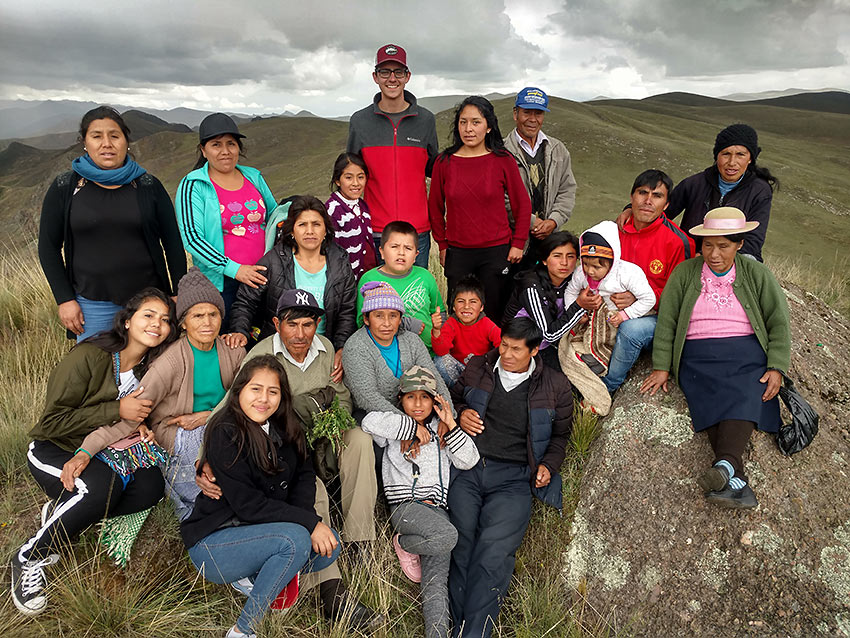
What surprises me, and that for which I’m most grateful, is that little by little I’ve been welcomed into this culture of communality. While the people from La Sierra region are known to be socially more reserved than those from la Costa o Selva , I’ve also seen another side of them — their affection, hospitality, and openness. I’ve danced in a stranger’s wedding, laughed with an abuela trying to learn Quechua, been invited in for soup, and been called gringito by countless grandmas. As the new school year begins on Monday, I’m excited to begin investing more of my time into this community, one that I’m slowly becoming a part of.
****Disclaimer: “The content of this website is mine alone and does not necessarily reflect the views of the U.S. Government, the Peace Corps, or the Peruvian Government.”

